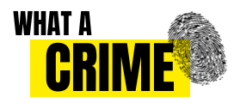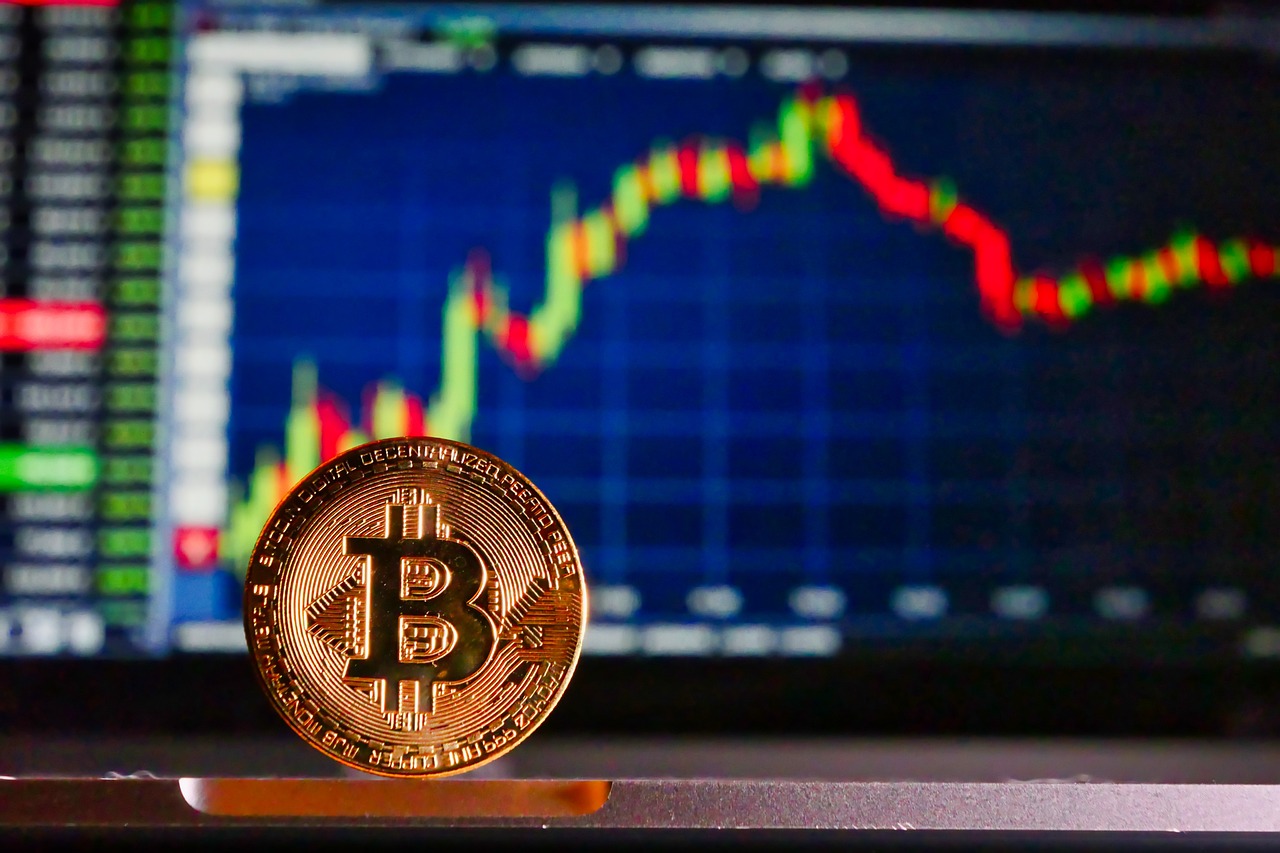- Sopranos vs. Reality: What the Series Got Right About the Mob - May 8, 2025
- How Crime Is Portrayed in Different Cultures - May 7, 2025
- White Collar Criminals Living Luxurious Lives Overseas - May 6, 2025
Enron: The Fall of a Giant

Enron Corporation, once a powerhouse in the energy sector, imploded spectacularly in 2001, unveiling a massive accounting fraud. The company used complex and opaque financial structures to conceal debt and artificially inflate profits, misleading investors and employees alike. As the truth emerged, Enron’s stock plummeted from approximately $90 to less than $1, resulting in thousands of job losses and billions in investor losses. The scandal also led to the dissolution of Arthur Andersen, one of the largest audit firms, illustrating glaring failures in corporate governance and regulatory oversight. Enron’s bankruptcy was the largest in U.S. history at that time, with over $63 billion in assets. This debacle highlighted the dire need for more stringent regulations and transparency in corporate America.
WorldCom: Accounting Fraud Unveiled

WorldCom, a telecommunications behemoth, became embroiled in one of the largest accounting scandals in U.S. history in 2002. The company had inflated its assets by a staggering $11 billion through improper accounting practices. This deception led to a bankruptcy filing, affecting thousands of employees and investors. The fallout from WorldCom’s collapse prompted significant reforms in corporate governance, most notably the Sarbanes-Oxley Act, which sought to protect investors from fraudulent financial reporting. This scandal emphasized the need for greater transparency and accountability, serving as a stark reminder of the potential repercussions of unchecked corporate malfeasance.
Lehman Brothers: The 2008 Financial Crisis
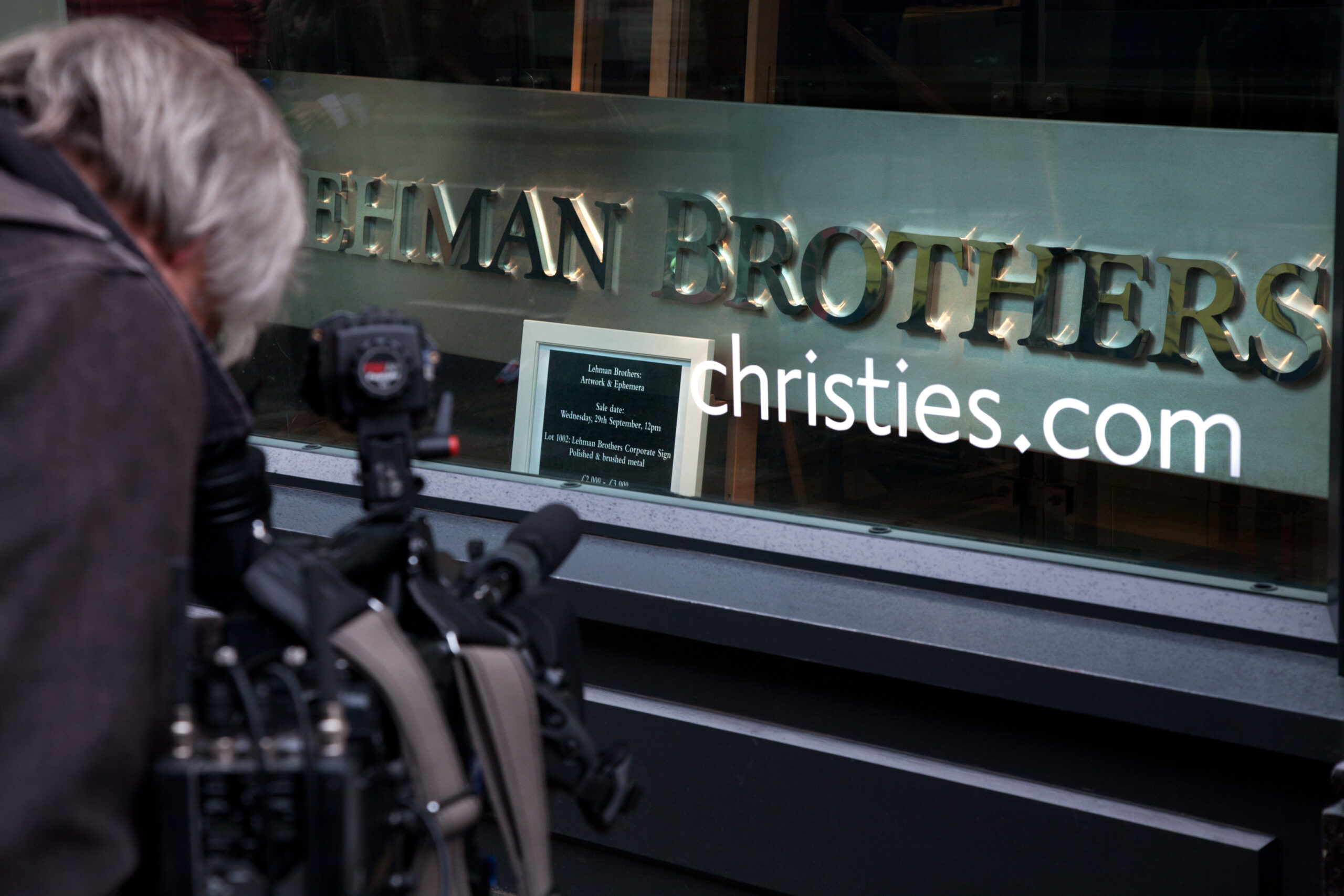
Lehman Brothers, a global financial services firm, filed for bankruptcy in September 2008, marking the largest bankruptcy filing in U.S. history. This event was a pivotal moment in the financial crisis, sparking a global recession. Lehman’s collapse was precipitated by risky practices, including excessive leverage and the use of complex financial instruments. The crisis resulted in millions of job losses and a significant decline in household wealth worldwide. The aftermath prompted widespread criticism of regulatory failures, highlighting the urgent need for reform in the financial sector. This incident underscored the systemic risks posed by large financial institutions and the importance of robust regulatory frameworks.
Volkswagen: Emissions Scandal

In 2015, Volkswagen found itself at the center of a massive scandal when it was discovered that the company had installed software in its diesel vehicles to cheat emissions tests. This deception affected approximately 11 million cars globally and led to significant legal and financial repercussions for the company. Volkswagen faced billions in fines and settlements, and the scandal severely damaged its reputation and consumer trust. This incident underscored the critical importance of corporate ethics and accountability in the automotive industry, serving as a stark reminder of the potential consequences of prioritizing profits over integrity.
Theranos: The Rise and Fall of a Unicorn

Theranos, once a darling of the health technology sector, claimed to have developed groundbreaking blood-testing technology that required only a few drops of blood. However, investigations revealed that the technology was a sham, leading to charges of fraud against founder Elizabeth Holmes. The scandal raised serious questions about the due diligence of investors and the oversight of health technology companies. Theranos’ downfall serves as a cautionary tale about the dangers of hype and the importance of transparency in the startup ecosystem. It also highlighted the vulnerabilities in the health tech industry, where innovation often outpaces regulation.
Purdue Pharma: The Opioid Crisis

Purdue Pharma, the maker of the controversial pain medication OxyContin, has faced significant scrutiny for its role in the opioid crisis in the United States. The company has been accused of misleading marketing practices that downplayed the addiction risks associated with its medication. The resulting opioid epidemic has led to hundreds of thousands of overdose deaths and has had devastating effects on communities nationwide. Purdue Pharma filed for bankruptcy in 2019 as part of a settlement to address its role in the crisis, but the impact of its actions continues to ripple through society. This scandal underscores the dire need for accountability in the pharmaceutical industry.
Wells Fargo: Fake Accounts Scandal
Wells Fargo was embroiled in a scandal where employees created millions of unauthorized bank accounts to meet aggressive sales targets. This practice, which began in 2002, was uncovered in 2016, resulting in significant fines and a loss of consumer trust. The scandal highlighted systemic issues related to corporate culture and the pressure placed on employees to meet unrealistic goals. In response, Wells Fargo has implemented changes to its practices and leadership in an effort to rebuild its reputation. This incident serves as a reminder of the importance of ethical business practices and the potential consequences of corporate greed.
Boeing: The 737 MAX Crisis
Boeing faced a major crisis following two fatal crashes involving its 737 MAX aircraft, which resulted in the deaths of 346 people. Investigations revealed that the company prioritized profits over safety and failed to adequately inform regulators and the public about issues with the aircraft’s design. The scandal led to a global grounding of the 737 MAX and significant financial losses for Boeing. This crisis raised serious questions about corporate ethics and the responsibilities of companies in ensuring public safety. The incident underscored the potential human cost of corporate negligence and the critical importance of rigorous safety standards.
Goldman Sachs: The 1MDB Scandal
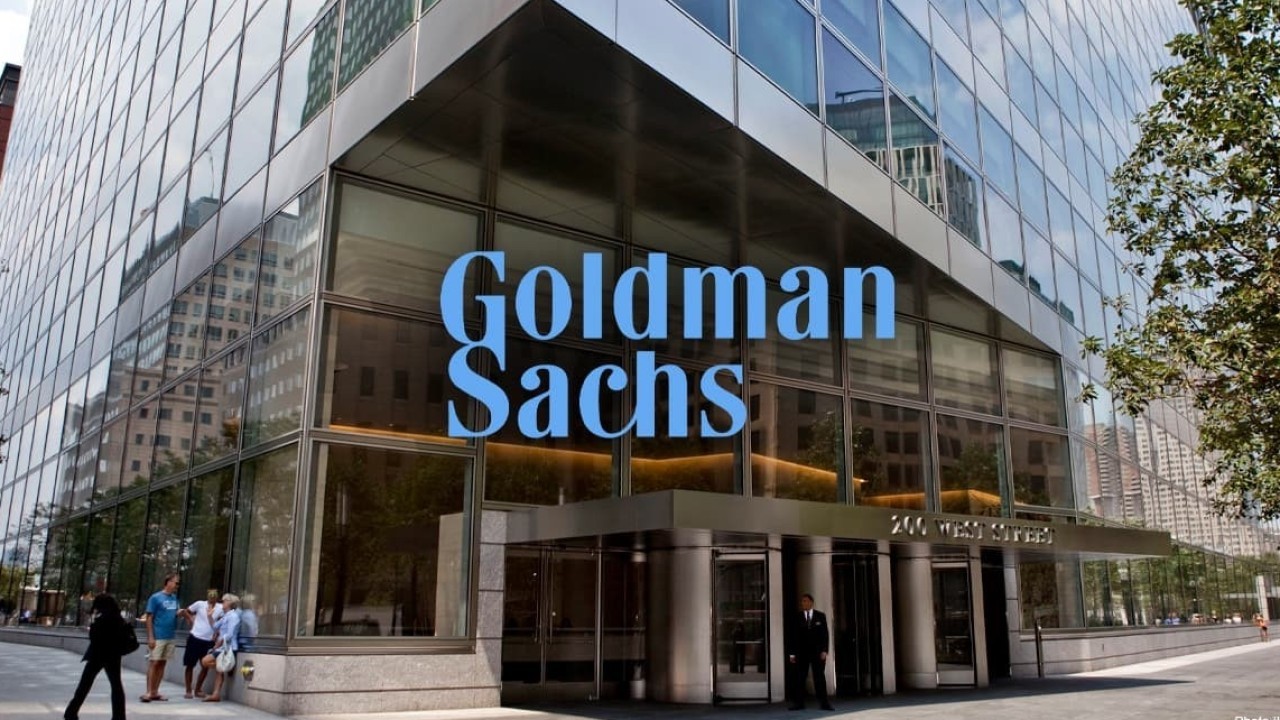
Goldman Sachs was implicated in a scandal involving the embezzlement of billions from Malaysia’s 1MDB sovereign wealth fund. The bank was accused of facilitating corrupt transactions and failing to conduct proper due diligence. The scandal resulted in significant legal repercussions for Goldman Sachs, including hefty fines and ongoing investigations. This case highlights the importance of ethical practices in investment banking and the potential consequences of failing to uphold them. The incident serves as a stark reminder of the need for transparency and integrity in financial dealings.
The Role of Regulation and Reform
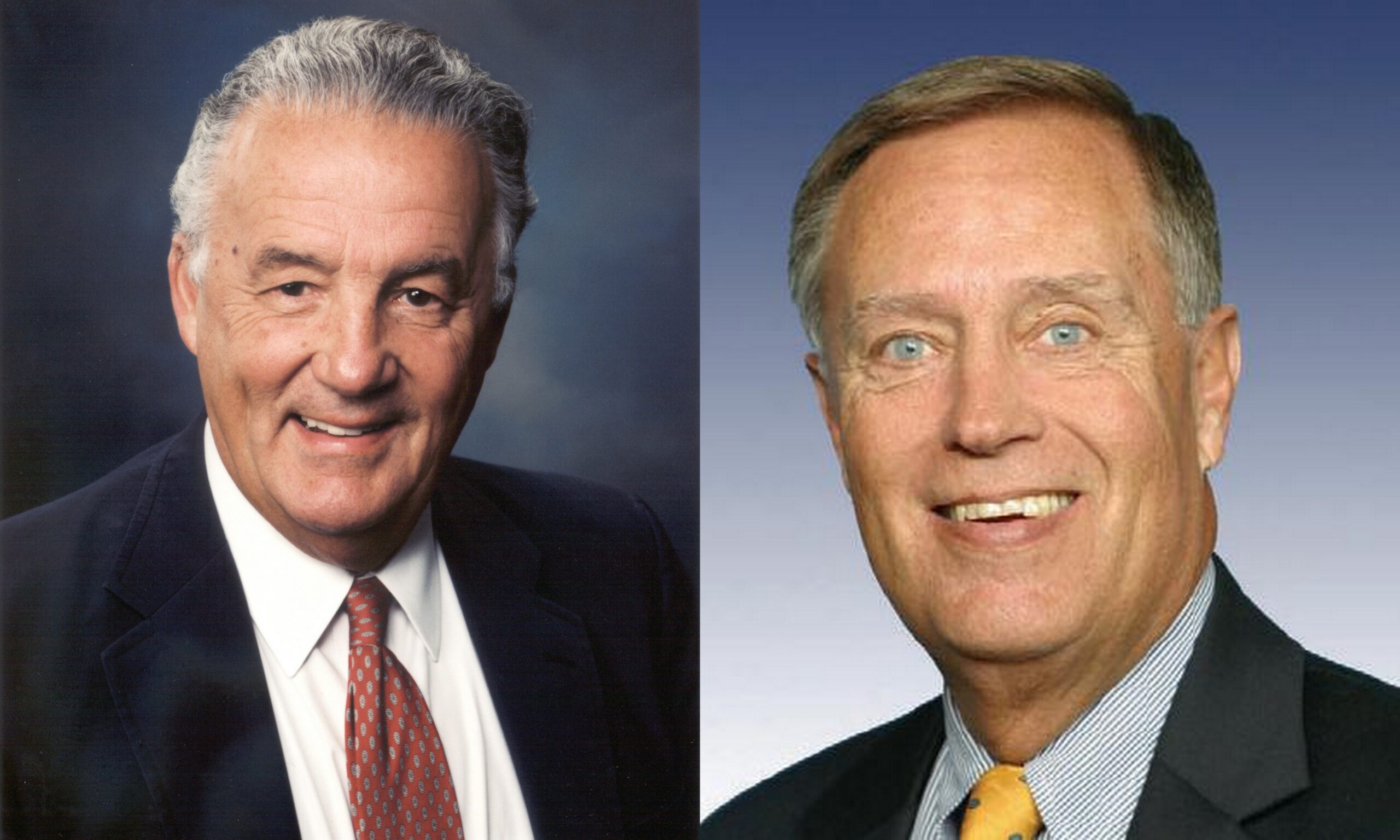
The various corporate scandals in American history have led to calls for increased regulation and reform in corporate governance. The Sarbanes-Oxley Act, enacted in response to the Enron and WorldCom scandals, aimed to enhance transparency and accountability in financial reporting. Ongoing discussions about corporate ethics, accountability, and the role of regulators continue to shape the landscape of American business. These scandals serve as reminders of the need for vigilance and integrity in corporate practices to protect the interests of the public and investors alike. They underscore the critical importance of robust regulatory frameworks to prevent future corporate malfeasance.
“`
